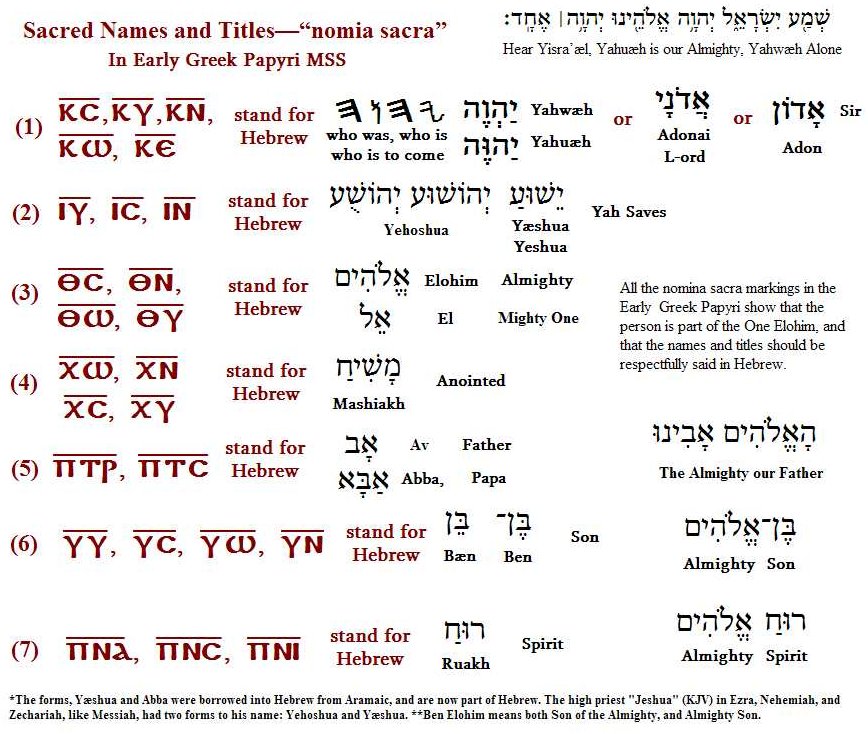In case you all are unaware of this; Most translations that preceded the KJV render John 1:3-4 differently. Tyndale's translation (1534), for example, reads;
"All things were made by it, and without it, was made nothing that was made. In it was life, and the life was the light of men."
John Rogers, using the pseudonym "Thomas Matthew," uses "it" in John 1:3-4.
The Great Bible followed in 1539 and was a revision of Matthew's Bible. The first edition was prepared by Miles Coverdale. For some reason Coverdale decided "it" was more correct than "him" which appeared in his 1535 version based on the Latin Vulgate and left John 1:3-4 as it was in Matthew's translation, "it" instead of "him.". The Great Bible was the first authorized English version and was ordered to be placed in every church.
Under Queen Mary the printing of the English Bible ended and its use in the churches was forbidden. This gave rise to a version completed in Geneva. The Geneva Bible of 1560 was the first Bible to have numbered verses, each set off as a separate paragraph. This Bible became the "household Bible of the English-speaking nations." It held that position for about 75 years. It was Shakespeare's Bible and that of the Puritans who settled New England. Once again, the translation of John 1:3-4 follows Tyndale's example, "it" instead of "him."
Queen Elizabeth eventually reinstated the order that a copy of the Bible be placed in every church and she encouraged its reading. Since there were not enough copies of the Great Bible, the bishops themselves made a new revision known as the Bishop's Bible. It was published in 1568. It was used mostly by the clergy, not being very popular with the common people. It, too, renders John 1:3-4 using "it," not "him."
In 1582, the Roman Catholic version of the New Testament was completed and known as the Rheims New Testament. It was the result of a battle between Papists and Protestants, the former believing the Latin Vulgate to be the standard upon which all translations should be made. It was the work of Roman Catholic scholars based on the Latin. They chose to render John 1:3-4 using "him" as did the previous versions based on the Vulgate.
From that point on, all future versions, beginning with the King James version of 1611, used "him" instead of "it" in their translation of John 1:3-4.
Tyndale and others did not read the Son into the text. The "logos" of John 1:1 was not a person, but a thing (the Father's spoken words, thoughts, etc). Father Yahweh spoke creation into existence.
"All things were made by it, and without it, was made nothing that was made."
This understanding agrees perfectly with passages such as Gen.1:3,6,9,11,14,20, and 24, all of which begin, "And Elohim said." Yahweh spoke and it was done. Psalm 33:6,9 says;
"By the word of Yahweh were the heavens made; and all the host by the breath of his mouth. . . For He spoke and it was; He commanded, and it stood fast."
Not only did Yahweh speak creation into existence, but He also spoke His Son Yeshua into existence;
"And the word (Yahweh's spoken word) was made flesh" (Jn.1:14).



